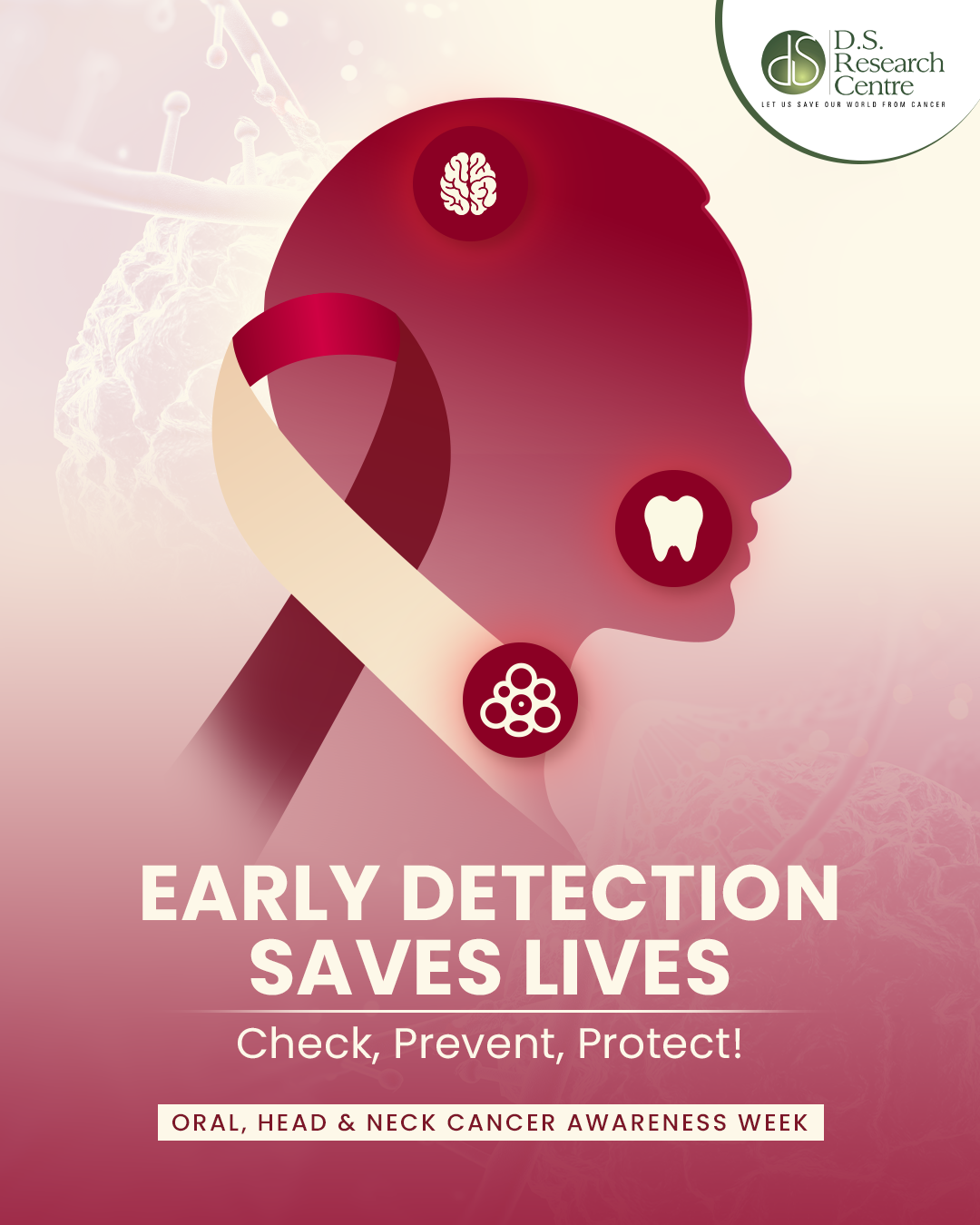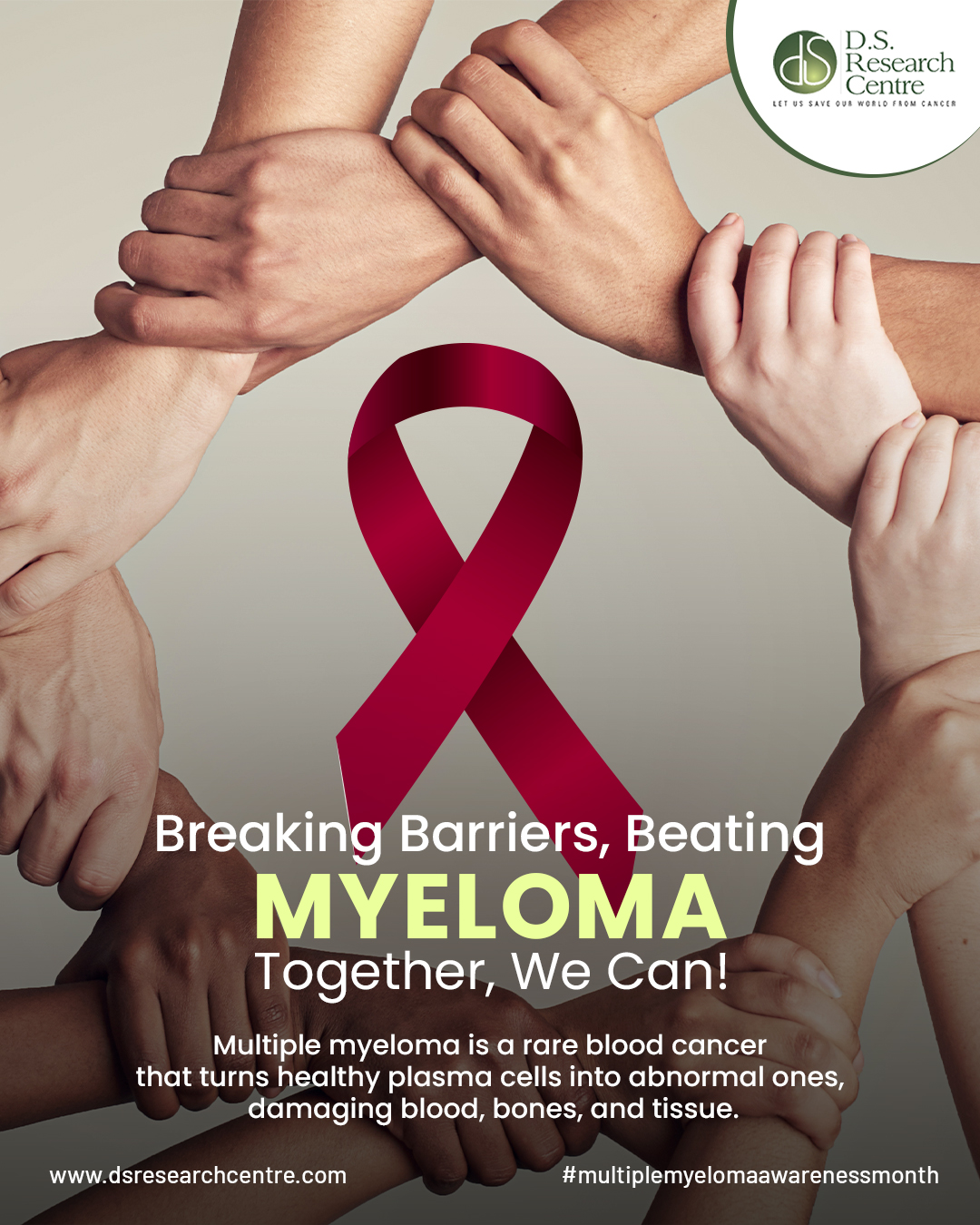Every year in
India, 122,844 women are diagnosed with cervical cancer and 67,477 die from
this disease. It
usually affects the women of elderly age around 55 yrs and above. HPV
prevalence among cervical cancer patients in India has varied from 87.8% to
96.67%.Gynecological
cancers are among the most common cancers in women and hence an important
public health issue. Gynecological cancers are cancers that affect
the reproductive organs in a woman. The type of cancer that affects a woman is
known after the organ it has affected. Causes being lack of cancer awareness, variable
pathology, and dearth of proper screening facilities in India, most women
report the disease at advanced stages, adversely affecting the prognosis and
clinical outcomes.
The types of Gynecological
cancers are:
· Cervical Cancer
· Uterine Cancer
· Ovarian Cancer
· Vaginal Cancer
· Vulvar Cancer
The general symptoms of
gynecological cancers are:
· Frequent / urgent need to urinate (occurs in ovarian and vaginal
cancers)
· Constipation(occurs in ovarian and vaginal cancers)
· Itching, burning, pain, or
tenderness of the vulva
· Changes in vulva color or skin,
such as a rash, sores, or warts (occurs in vulvar cancer)
In
this blog let’s elaborate screening tests for Gynaecological cancers.
What is cancer screening?
Cancer screening is a procedure to look for cancer (or abnormal)
cells in a patient before the symptoms occur. The screening is done as a preventive
measure to detect any abnormal cell growth that may turn into cancer
eventually.
There
are some important cancer screening tests for women. Each of them is
recommended for every women , but some of them are required at a certain age.
Cancer
screening tests for women are:
1.
Pelvic Exam
A pelvic exam is a regular exam that
must be a part of every woman’s regular checkups. It is an initial test that
helps in diagnosing various gynecological cancers and also sexually transmitted
diseases. It is a physical and visual examination of reproductive organs.
During this test procedure your gynecologist inspects the cervix, vagina,
vulva, and uterus. The doctor also feels for your reproductive organs like the
uterus, ovaries, and especially if any lumps or masses are present. If the doctor
finds any abnormalities during a pelvic exam, he will tell you about it in
detail.
1.
Pap Smear
Papanicolaou smear /Pap test, is a
screening test used to detect cervical cancer in women. In this test, cells
from the cervix are collected and examined under a microscope. Pap smear is not
a diagnostic test. If any abnormality is found in the pap test, further tests
are needed for a specific diagnosis. This test helps in detecting precancerous
cells and also warns about abnormal changes that may turn into cancer later.
Doctors advise women to do a pap smear test every 3 years if they are between
21-65 years old. After a pap test, a negative result means that there is
nothing to worry about and no further tests or treatment is required. On the
other hand, positive results may require further investigations to know what
abnormality is diagnosed.
1.
Transvaginal Sonography
A vaginal ultrasound is done to find any
masses in the ovaries and uterus. Also, it detects any abnormalities in the
uterine lining or endometrium. If the endometrium is extremely thickened or
hyperplastic or cystic looking further investigations may be required.
4. CA 125
CA 125 levels are done especially for
those at high risk of Ovarian Cancer. If the levels are high, it strongly
indicates ovarian cancer. There are no recommended screening tests for ovarian
cancers, but they can be detected at an early stage if you are at high risk. A
blood test is done to look for CA-125 protein that strongly indicates ovarian
cancer. A
CA-125 normal range falls between
0 and 35 U/mL.
Levels over 35 U/mL may indicate the presence of cancer or other conditions. (Note* Not all patients with a high CA-125
result have cancer.)
1.
Endometrial Biopsy
In
this test tiny uterine tissue samples are collected for testing. A fine tube
known as Pipelle or a small telescope known as hysteroscope is inserted into
the uterus to look for any abnormal changes or growths. After this hysteroscopic
directed biopsies can be taken.
Risk for Gynecological Cancers:
·
Family history of some cancer
·
HPV infection
- Smoking
- Increasing age
- Unhealthy diet
Treatment
at D. S. Research Centre: We provide the best possible
Ancient Ayurveda based treatment that treats gynecological cancer by correcting
the deviation in metabolism with nutrient energy medicines. It has been the
rescuer for decades of gynecological cancers. It has little to no side effects. It also helps reduce the side effects
of other conventional treatments. Patients are also provided with diet plan by
our expert dieticians and nutritionist.
Do
consult our experts if you notice any of the above mentioned symptoms. Also
know about the investigations before going for it.
Stay
Healthy!








Posted on April 15, 2016
Posted on April 15, 2016